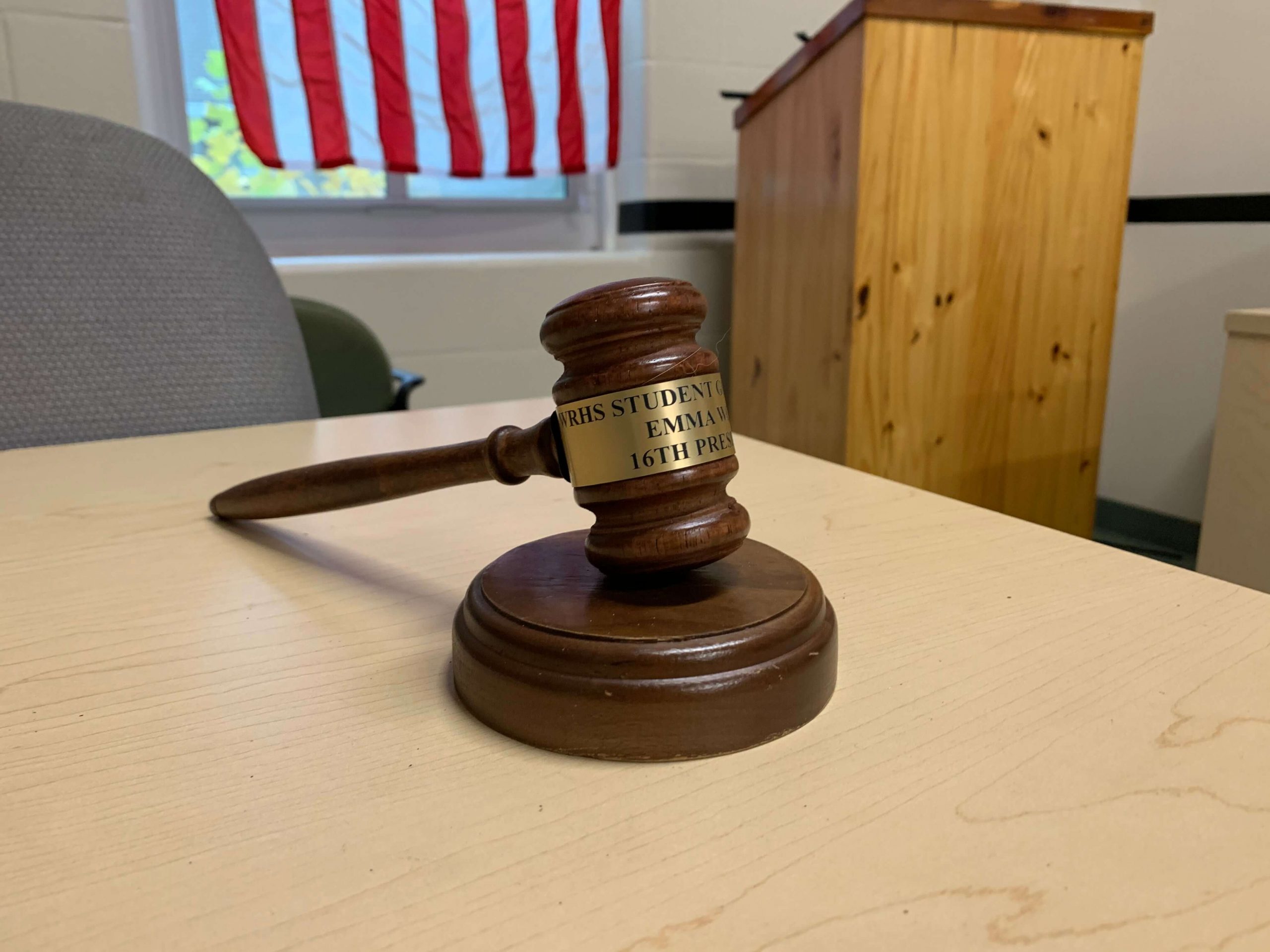Ruth Bader Ginsburg was an inspiration to many and the face of hope for most; here’s an inside look to who she was, what she accomplished, and how she impacted society.
Ginsburg was born as Joan Ruth Bader in Brooklyn, New York on March 15, 1933. Ginsburg’s parents are Celia Bader and Nathan Bader. She married American lawyer Martin D. Ginsburg, leading to the change of her last name. At the age of eighty-seven, Ginsburg passed away on September 18, 2020 after a long battle with pancreatic cancer.
After being nominated by President Bill Clinton in 1993, Ginsburg was an associate justice of the Supreme Court of the United States until her shocking death in 2020. Before being appointed as a Supreme Court Justice, Ginsburg fought adversity head on. Ginsburg was the second female law professor at Rutgers University and was the first tenured female law professor at Columbia University. After being appointed as a Supreme Court Justice, Ginsburg used her position to empower others and fight against gender discrimination.
Ginsburg acted as general counsel for the American Civil Liberties Union (ACLU). In this position, she argued over 300 gender discrimination cases and cofounded the ACLU’s Women’s Rights Project. Here are some ways Ginsburg fought for gender equality:
Equal Work Means Equal Pay
Women and Men Should be Treated and Paid Equal in the Workplace
In the 2007 Ledbetter v. Goodyear Tire & Rubber Co., Lily Ledbetter sued her employer for discriminatory pay. While Ledbetter started her career being paid the same salary as her male coworkers, as the years went on, the gap between the salaries became greater and greater, until the two salaries were different by thousands of dollars.
Ledbetter sued Goodyear Tire and Rubber Co. months after the discriminatory pay occurred and most of the judges working the case voted against Ledbetter due to the fact that she didn’t abide by the Civil Rights Act’s 180-day limit. However, Ginsburg and a few of her colleagues fought for Ledbetter with the argument that the 180-day limit should not apply in gender discrimination cases because sometimes, gender discrimination happens gradually.
“A worker knows immediately if she is denied a promotion or transfer,” said Ginsburg. “Compensation disparities, in contrast, are often hidden from sight.”
Equal Protection for Women and Men
Males Cannot be Preferred to Females
Ginsburg was a part of 1971 case Reed v. Reed, in which a minor, Richard Lynn Reed passed away and his mother wished to be designated as administrator of her son’s estate, unfortunately, her ex-husband, Cecil Reed, had similar plans.
Despite Sally filing to be the administrator first, the court ruled to Cecil’s favor because of the Idaho statutes that stated that “males must be preferred to females.” Ginsburg argued that the court’s actions violated the Equal Protection Clause. Fortunately for Sally, the Supreme Court struck down the Idaho statue and appointed her the administrator of her son’s estate.
Gender Discrimination also Effects Men
Men Aren’t Considered Dependent on their Wives
Ginsburg’s first case argued before the Supreme Court was the 1973 case Frontiero v. Richardson. Where a woman in the U.S. Air Force was denied benefits for her dependent husband unless she could prove he was dependent upon her. The problem, however, was men in the Air Force were not forced to prove that their wives were dependent upon them in order to receive benefits.
Standing before the Supreme Court, Ginsburg argued that since the writers of the 14th Amendment discarded skin as any kind of barrier between freedoms and laws, why should gender be in the way of a person’s right to health benefits. The court then deemed the policy a violation of the Constitution.
Women’s Right to Choose
Pro-Choice
Ginsburg is known for advocating for gender equality and women’s rights: that includes a woman’s right to choose. In 2016, Ginsburg stood alone in the Whole Woman’s Health v. Hellerstedt case. Ginsburg fought for women’s right to control their bodies and have their own reproductive rights.
“It is essential to women’s equality with men that she be the decision maker, that her choice be controlling,” stated Ginsburg. “If you impose restraints that impede her choice, you are disadvantaging her because of her sex.”
Ruth Bader Ginsburg was a hero and an inspiration. The world shook when her death was announced and it will take a long time to find someone as understanding and remarkable as her.
“The state controlling a woman,” stated Ginsburg, “would mean denying her full autonomy and full equality.”
Resources:
https://time.com/5354490/ruth-bader-ginsburg-roe-v-wade/
https://www.history.com/news/ruth-bader-ginsburgs-landmark-opinions-womens-rights-supreme-court
https://www.aclu.org/other/tribute-legacy-ruth-bader-ginsburg-and-wrp-staff
https://universe.byu.edu/2020/09/26/the-legacy-and-impact-of-justice-ruth-bader-ginsburg/



















